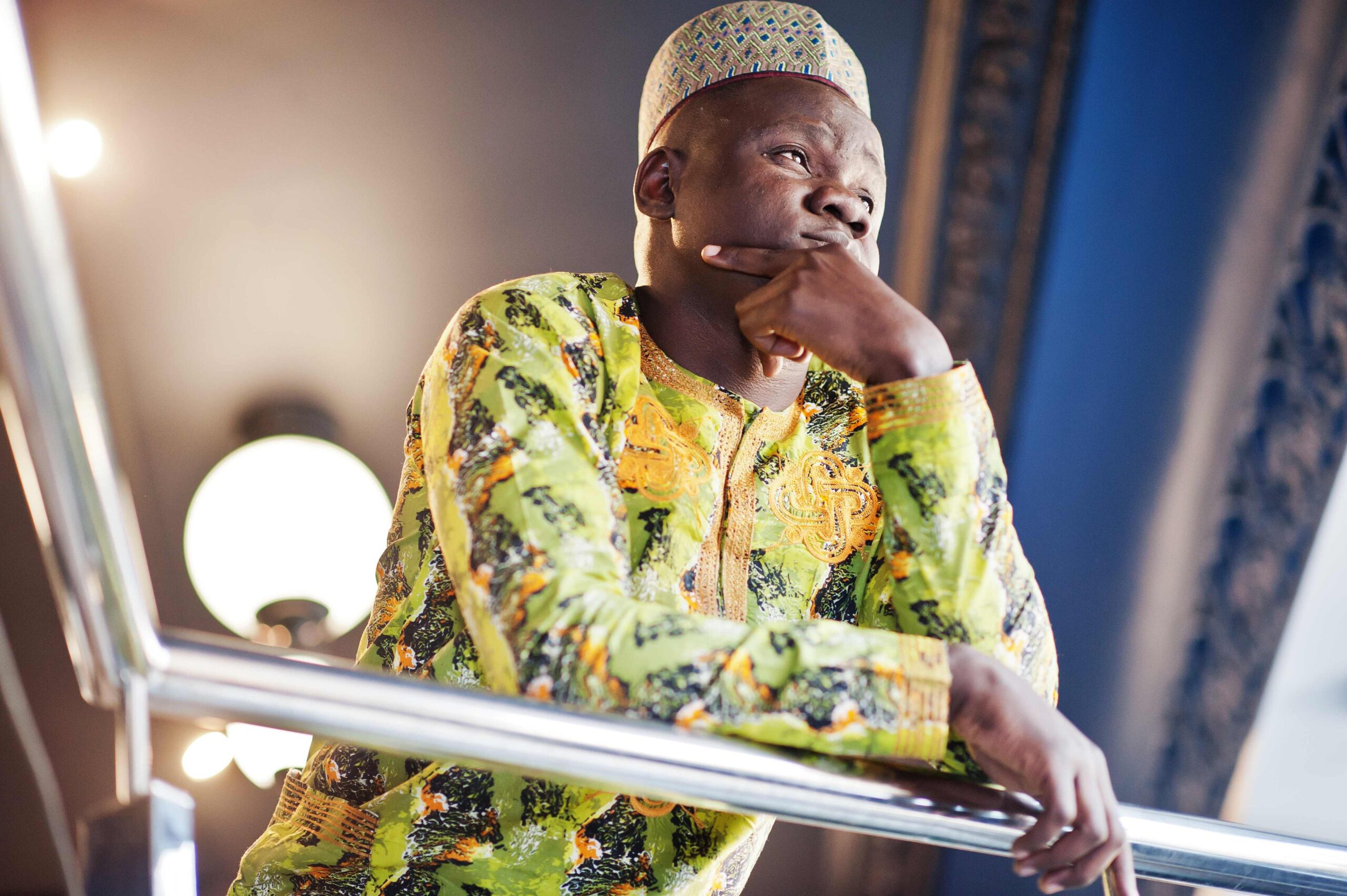Born on June 18, 1853, to Omukama Kamurasi Kyebambe IV and Kanyange Nyamutahingurwa Abwooli, Kabalega was raised during a period of political turbulence. At 16, he ascended the throne as the 23rd Omukama of the Babiito dynasty in 1869, following his father’s death. He adopted the throne name Chwa II, inspired by the legendary Omukama Chwa I Ente-Nkore Rumoma-Mahanga.
Reign and Reforms
Kabalega’s reign marked a renaissance for the Bunyoro-Kitara Kingdom. He implemented significant administrative and military reforms, including:
- Military Innovations: Established a professional army, the Abarusuura, comprising 150,000 soldiers divided into 12 regiments. This force was instrumental in defending the kingdom and maintaining internal stability.
- Administrative Reforms: Reduced the power of hereditary chiefs by appointing army generals as territorial leaders, promoting meritocracy over lineage.
- Economic Development: Revitalized trade by enhancing iron smelting industries and establishing the Kibiro Salt Works, positioning Bunyoro as a regional economic hub.
- Social Integration: Promoted unity through intermarriages among different social groups and encouraged the practice of “omukago” (blood brotherhood), fostering national cohesion.
These structural reforms were matched by economic initiatives, such as enhancing iron production and supporting local industries like the Kibiro Salt Works, which improved trade and regional influence.
Heroic Resistance to Colonial Rule
As the British Empire extended its reach across Africa, Kabalega became one of the most determined defenders of independence. He rejected all colonial agreements and launched sustained resistance against British expeditions.
His refusal to bow to foreign rule resulted in military confrontations that echoed throughout East Africa. The defeat of Sir Samuel Baker’s forces in 1872 at Masindi became legendary. Even while exiled leaders like Kabaka Mwanga II of Buganda were in hiding, Kabalega offered them refuge and strategic support.
Eventually betrayed and captured in 1899, Kabalega was exiled to the Seychelles. But even in exile, his stature only grew, transforming him into a symbol of national pride and resistance.
Vision Beyond Warfare: Science and Society
While Kabalega is often remembered for his military prowess and resistance, his dedication to improving societal well-being was equally significant. He fostered a culture of innovation, especially in health and education.
Under his leadership, Bunyoro physicians pioneered advanced medical procedures, including successful Caesarean sections—a remarkable achievement for the time. These surgeries were performed using indigenous surgical tools and herbal antiseptics, earning recognition from European explorers and missionaries who witnessed them. Kabalega’s court also promoted the use of traditional medicine to treat diseases like sleeping sickness, syphilis, and leprosy, with many local remedies proving effective in long-term care.
Kabalega encouraged the collection and preservation of botanical knowledge, urging his herbalists and healers to compile medicinal plants and share their methods within the kingdom. Furthermore, public health measures, such as community hygiene practices and isolation of contagious patients, were implemented under his directive—long before modern healthcare systems took shape in the region.
Enduring Legacy
Omukama Kabalega’s legacy continues to inspire Uganda and the wider African continent. Officially declared a national hero in 2009, he is honored annually on Kabalega Day, which celebrates his leadership and resistance to colonial rule.
His final resting place at Mparo Tombs remains a symbol of national pride and cultural memory. Landmarks such as the renaming of Murchison Falls to Kabalega Falls (in 1972) further reflect the esteem in which he is held—especially in Bunyoro, where his name still commands deep respect.
Today, Kabalega is remembered not only as a warrior but as a builder of a modern African state rooted in tradition, innovation, and justice. His story is taught in schools and commemorated in monuments, ensuring that his contributions will not be forgotten.
Join Us in Remembering
This article is brought to you by the unofficial portal of the Bunyoro-Kitara Kingdom. We are committed to celebrating our heritage and sharing the stories that shaped our identity.
We invite you to explore more stories, learn about our cultural heritage, and join us in preserving the memory of great leaders like Omukama Kabalega. His courage, reforms, and love for his people remain an inspiration not only for Bunyoro but for all of Africa.